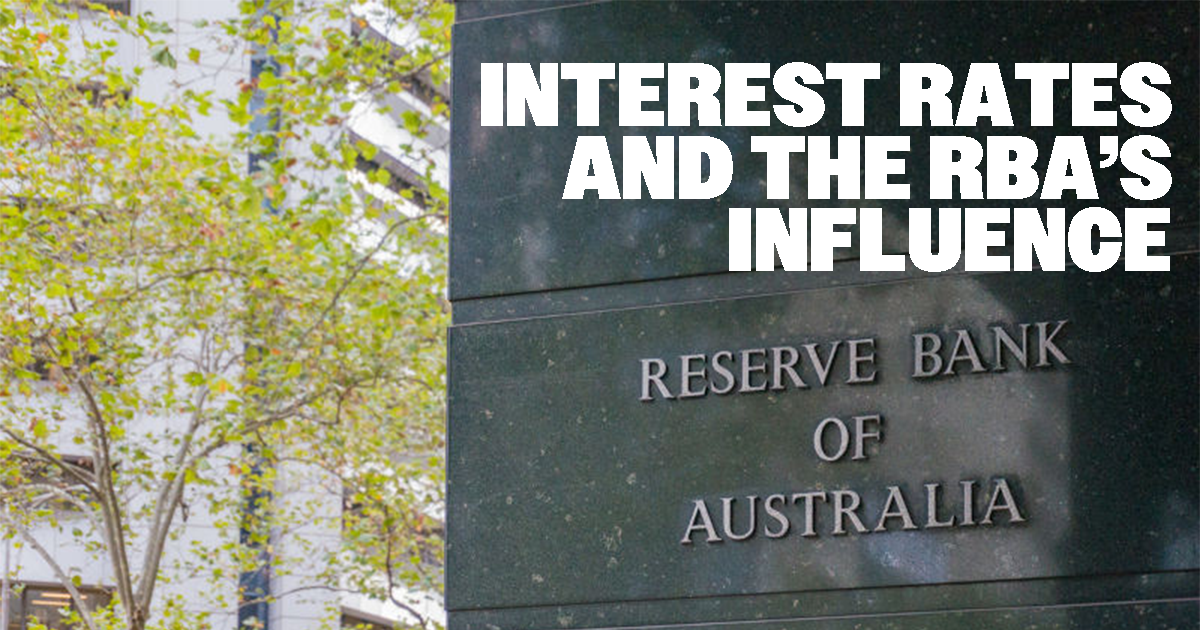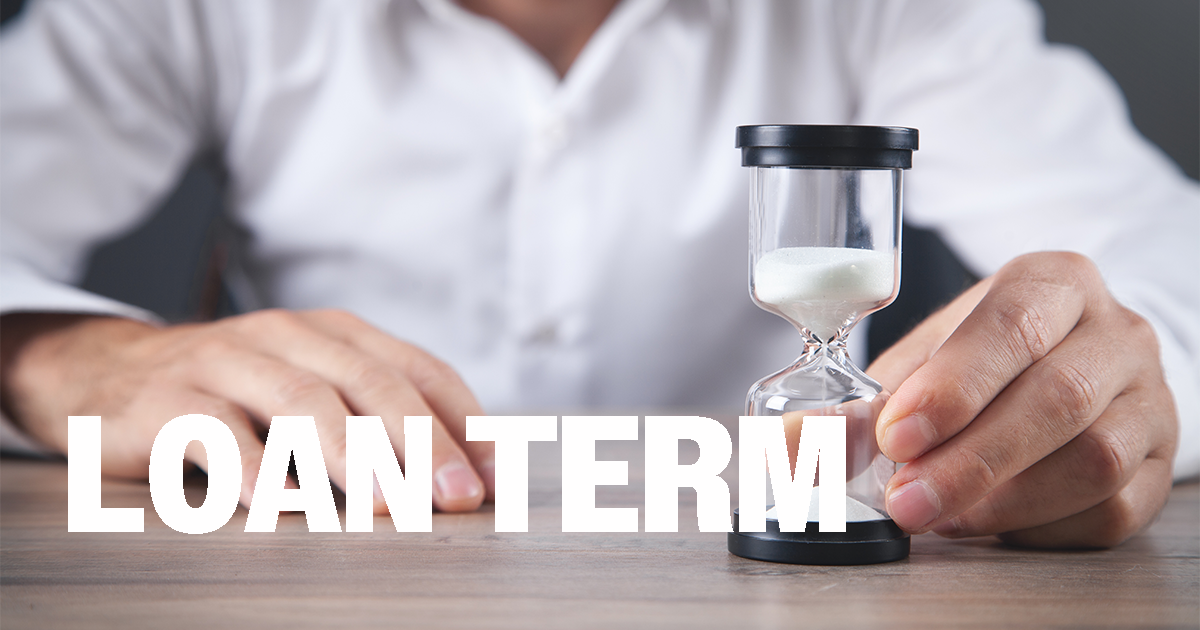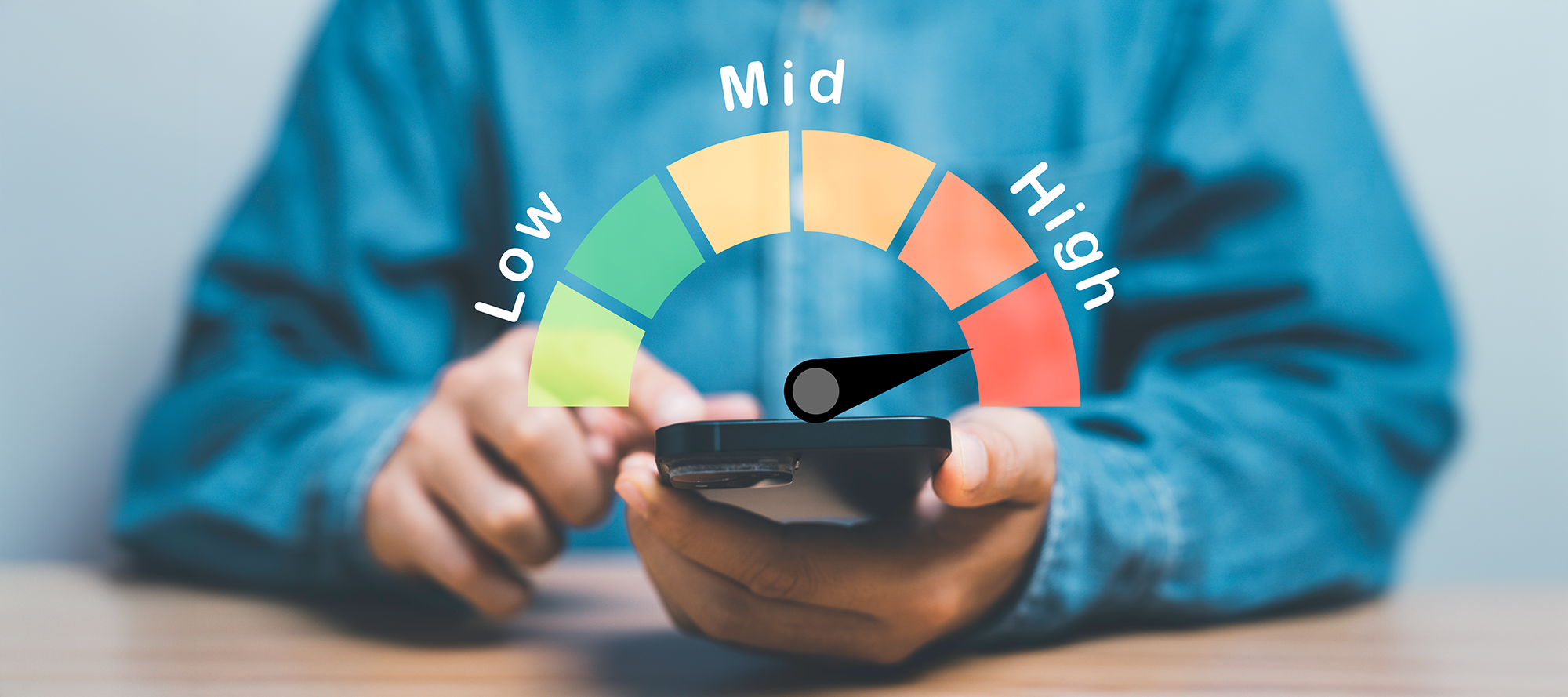Navigating the world of car finance can often feel like trying to find your way through a maze. Among the various terms and conditions, the interest rate on your car loan stands out as one of the most critical factors influencing the overall cost of your vehicle purchase. In this comprehensive guide, we'll explore the myriad factors that affect car loan interest rates in Australia and provide insights on how you can secure the best possible rate. Whether you're a first-time buyer or looking to refinance, understanding these elements is key to making an informed decision.
Factors Influencing Car Loan Interest Rates:
The Reserve Bank of Australia's Cash Rate: The Bedrock of Car Loan Interest Rates
When you're in the market for a car loan, the interest rate you're offered can make a substantial difference to the total cost of your vehicle. One of the fundamental influencers of car loan interest rates in Australia is the Reserve Bank of Australia's (RBA) official Cash Rate. Understanding the relationship between the Cash Rate and the interest rates on car loans can provide valuable insight into the financial landscape you're navigating.
The Cash Rate Explained
The Cash Rate is the overnight interest rate that banks charge to lend money to each other. This benchmark rate is set by the RBA and is a powerful monetary policy tool used to manage economic stability and inflation. Changes to the Cash Rate can affect the entire spectrum of interest rates in the economy, including those applied to personal loans, mortgages, and, of course, car loans.

How the Cash Rate Influences Car Loan Rates
Lenders use the Cash Rate as a reference point for setting their own interest rates. When the RBA adjusts the Cash Rate, it influences the cost of borrowing for banks. In turn, these financial institutions adjust the rates they offer to customers to ensure they maintain a profitable margin while also staying competitive in the market.
Direct and Indirect Impacts
A decrease in the Cash Rate can lead to lower interest rates for borrowers, as banks pass on some of the savings to customers to stimulate spending and borrowing. Conversely, an increase in the Cash Rate often means higher borrowing costs, as banks look to cover their increased costs of capital.
However, the Cash Rate isn't the only determinant of car loan interest rates. Banks also consider factors such as funding costs, risk, profitability, and competitive pressures when they set their rates. Therefore, the impact of changes in the Cash Rate on car loan interest rates can sometimes be indirect and not immediately apparent.
What This Means for Car Loan Borrowers
For consumers seeking car loans, the Cash Rate serves as a bellwether for potential interest rate movements. By keeping an eye on the RBA's announcements and understanding the economic factors that influence its decisions, borrowers can better anticipate changes to car loan rates and time their loan applications accordingly.
Long-Term Perspective
It's important to remember that car loans are typically multi-year commitments. While the current Cash Rate can affect the interest rate you receive today, potential future changes to the Cash Rate during the life of your loan can also impact your repayments if you opt for a variable rate loan. On the other hand, locking in a fixed rate loan at a time when the Cash Rate is low can protect you from future rate rises.
Credit Score Considerations
A borrower's credit score is a pivotal factor in the car loan application process, as it indicates to lenders the level of risk involved in lending to that individual. A higher credit score often results in more favourable interest rates because it suggests the borrower has a history of responsible credit management and is less likely to default on the loan. On the other hand, a lower credit score might lead to higher interest rates, as lenders price in the greater risk. Therefore, maintaining a strong credit score is essential for anyone looking to secure a car loan with advantageous terms.
Loan Term and Structure

The length and structure of a car loan have a direct impact on the interest rate offered by lenders. Generally, shorter-term loans have higher monthly payments but lower overall interest rates and costs. This is because there's less time for interest to accrue, and lenders view the shorter time frame as lower risk. Conversely, longer-term loans spread payments out over more time, which can result in lower payments but higher total interest costs due to the extended period over which interest accumulates.
Additionally, the structure of the loan, such as whether it has a fixed or variable rate, also affects the interest rate. Fixed rates remain the same throughout the loan, providing stability, while variable rates can fluctuate with market conditions, potentially changing the cost of the loan over time.
New vs. Used Vehicles
Interest rates for new car loans are typically lower compared to used car loans. Lenders offer lower rates for new vehicles as they are considered less risky; they have a higher resale value and are less likely to encounter mechanical issues that could affect the borrower's financial situation.
In contrast, used cars are perceived as higher risk due to their diminished value and potential for costly repairs, leading to higher interest rates to offset this risk.
Lender-Specific Policies and Competition
Lenders set car loan interest rates based on their own policies, which consider factors like funding costs, desired profit margins, and risk assessment procedures. They also respond to the competitive landscape; a lender may offer lower interest rates to attract customers in a market where several banks and financial institutions are vying for business.
This competitive pressure can lead to more favourable loan conditions for borrowers, as lenders strive to provide rates that are attractive enough to win customers over from their competitors. Each lender's approach to rate-setting will differ, reflecting their unique business strategies and market positioning.
Market Conditions and Economic Climate
Economic factors like inflation and unemployment rates significantly influence interest rates. High inflation typically prompts lenders to increase interest rates to maintain their profit margins. Conversely, in a low-inflation environment, lenders might offer lower interest rates.
High unemployment can lead to increased lending risk, potentially causing higher interest rates as lenders aim to mitigate this risk. However, during times of economic downturn, interest rates may be lowered to stimulate borrowing and economic activity. Overall, lenders adjust car loan interest rates in response to these economic indicators to balance risk and attract borrowers.
Borrower's Financial Stability

Lenders assess a borrower's financial stability by examining their income, employment stability, and debt-to-income ratio. A steady income and secure employment suggest that the borrower has the means to make consistent loan repayments, often resulting in more favourable interest rates.
Conversely, a high debt-to-income ratio – indicating that a large portion of a borrower's income goes towards servicing existing debt – can lead to higher interest rates, as it raises concerns about the borrower’s ability to manage additional loan repayments. Lenders use these indicators to evaluate the risk of lending and determine the interest rates they offer.
Securing the Best Car Loan Rate: An Informed Approach 
- Improving Your Credit Score: Before applying for a car loan, bolster your creditworthiness. Consistently paying bills on time, minimising debt, and steering clear of new credit applications can elevate your credit score, leading to more favourable interest rates.
- Shopping Around with Zink: Don't limit yourself to one lender's offer. Ausloans facilitates a broad comparison with Zink, a platform that consolidates the latest rates from over 40 lenders, enabling you to make an informed decision with the assistance of expert brokers.
- Negotiating with Lenders: Armed with insights from Zink and the expertise of Ausloans' brokers, you can be confident in the options provided to you. We can help you utilise competitive offers to secure better terms, especially if your financial standing is solid.
- Consideration of Loan Terms: Shorter loan terms generally mean lower interest rates, so if your budget can accommodate higher repayments, this could be a cost-effective choice.
- Timing Your Application: Market timings, like new model releases or the end of the financial year, can influence loan rates. Ausloans' brokers have the industry knowledge to guide you on the best times to secure a competitive rate.
- Special Offers and Dealer Financing: While dealer financing and special promotions may seem attractive, it's vital to review the details. Ausloans can compare these offers with other available options, ensuring that you understand the full scope of the terms and any potential drawbacks.
By taking advantage of the resources and expertise offered by Ausloans, you're better positioned to secure a car loan rate that aligns with your financial objectives and saves you money over the term of your loan.
Conclusion: Mastering the Art of Car Loan Rates
In conclusion, securing an attractive car loan rate is not just about finding a single good offer; it's about comprehensively understanding the multitude of factors that influence interest rates. From the overarching economic indicators like the Reserve Bank of Australia's Cash Rate to personal financial factors like your credit score and debt-to-income ratio, each plays a pivotal role in the rates you are offered.
By taking proactive steps such as improving your credit score, shopping around with powerful tools like Zink, and negotiating with the aid of experienced brokers from Ausloans, you place yourself in a strong position to secure the best possible rate. Consider the length and structure of your loan carefully, remain cognisant of market conditions and special offers, and always be prepared to compare and contrast to find the most favourable terms.
Remember, the effort you put into researching and understanding the car loan landscape can result in substantial savings over the life of your loan. Take control of the process, consult with professionals who can guide you, and don't shy away from negotiating to ensure that the loan you secure today remains comfortable and cost-effective for years to come.
-1.png?width=250&height=84&name=MicrosoftTeams-image%20(29)-1.png)
















No Comments Yet
Let us know what you think